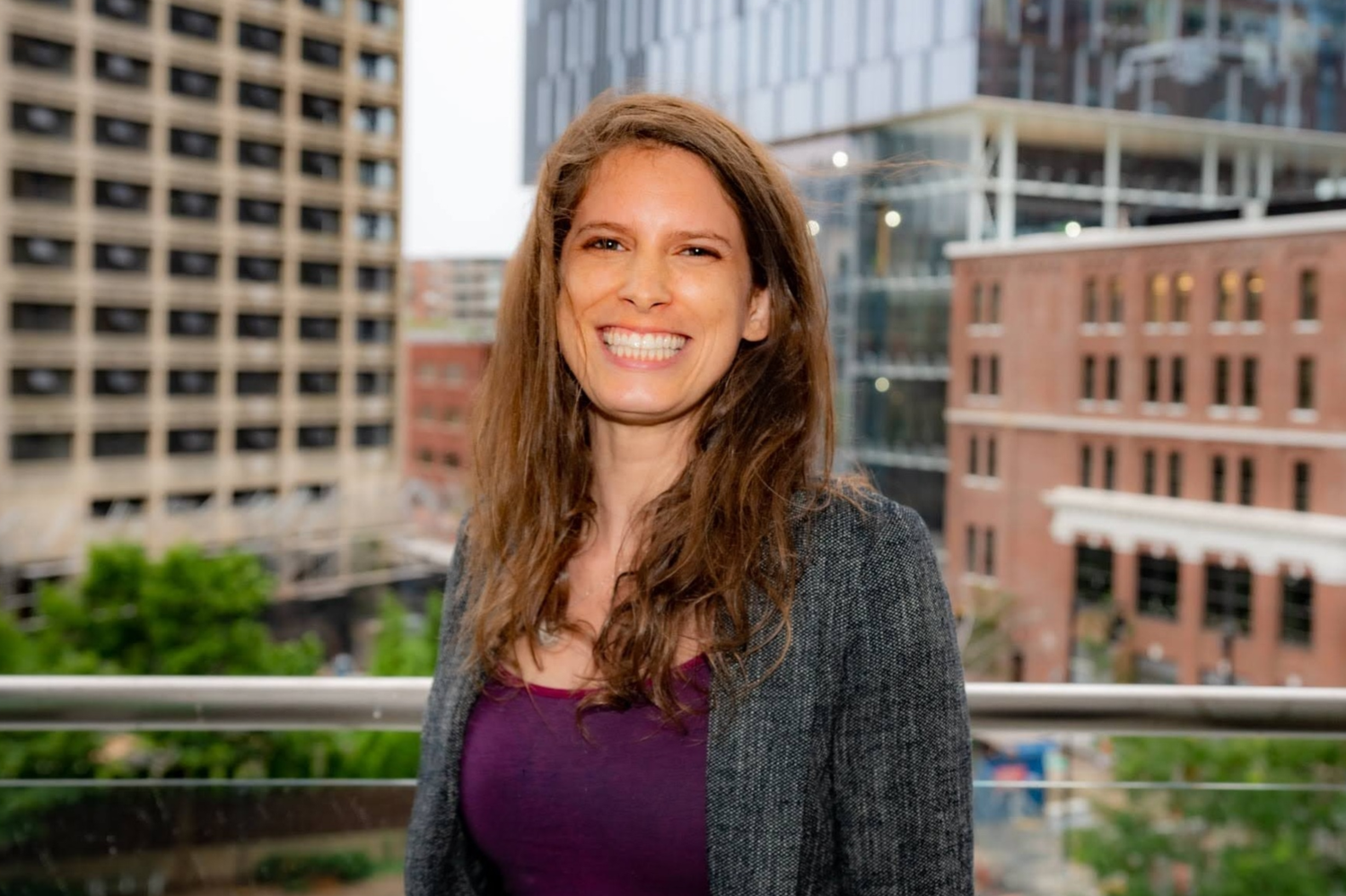
News
Summers Will Not Finish Semester of Teaching as Harvard Investigates Epstein Ties

News
Harvard College Students Report Favoring Divestment from Israel in HUA Survey

News
‘He Should Resign’: Harvard Undergrads Take Hard Line Against Summers Over Epstein Scandal

News
Harvard To Launch New Investigation Into Epstein’s Ties to Summers, Other University Affiliates

News
Harvard Students To Vote on Divestment From Israel in Inaugural HUA Election Survey
Dana Bullister Has Plans for New Taxes in Cambridge

Dana R. Bullister has put forward a slate of novel tax policy proposals as part of her second bid for the Cambridge City Council, including a land value tax that would target vacant lots and dynamic parking pricing on city streets.
Bullister, a data scientist and PhD student in public policy design at Northeastern University, said a tax scheme that prioritizes land value over property value would incentivize more subsidized affordable housing. Bullister also supports both multifamily zoning and the Affordable Housing Overlay.
She said a land value tax would target “the very wealthiest landowners, specifically those landowners who don’t use their land productively, who have these vacant lots they kind of park their money in, and it’s really at the expense of the community.”
“It might not be sexy, but it addresses a core root cause of what is so dysfunctional about our housing system,” Bullister added.
Cambridge has a lower residential tax rate than Boston, Watertown, Somerville, Brookline, and Newton. The current City Council came under fire after it raised property taxes by eight percent in October, including a 22 percent increase in commercial property taxes.
Bullister said that by focusing taxes on land value, the City would incentivize developers to build housing, stores, or community spaces on land they own instead of leaving them vacant.
“It basically penalizes you for just taking up space without actually building anything useful, and it decreases the penalties for building something of value to the community,” she said.
Passing the tax, according to Bullister, would require Cambridge to request permission from the state legislature to create a local tax change. She also said the change would not be made before the City conducted impact studies to ensure “that there isn’t an undue burden on small homeowners or small businesses.”
“Cambridge, as a leader in many progressive policies, should be a leader in this as well,” she said.
Bullister said that her housing policies align with A Better Cambridge — a citizen group focused on housing advocacy and promoting increased development — that endorsed her this cycle.
She had received an endorsement in 2021 from the Cambridge Citizens Coalition, a group formed out of concerns about rapid development, but the group did not endorse her this year.
Bullister explained that in 2021, she was approached by the CCC and accepted their endorsement based on advice that as a newcomer, she should welcome any endorsements she was offered.
“I remember I was looking at this Twitter thread, and they’re like, ‘Why is this person endorsed by CCC?’” Bullister said. “And they’re like, ‘I don’t know, because their policies seem really ABC.’”
She said that she has become “much more informed about the endorsement process” since her last election run.
In this cycle, Bullister was also endorsed by Cambridge Bicycle Safety and completely supports completing the Cycling Safety Ordinance Network, an expansive bike lane network.
“I think it is important for preventing death on our street,” Bullister said. ‘This is not an ambiguous issue for me.”
Bullister, vice chair of the City’s commercial parking control committee, also suggested Cambridge implement dynamic parking pricing that would vary based on street location and time of day.
Parking spots would all be free for the first fifteen minutes of use, and then their pricing would differ depending on expected demand at that time — a strategy Bullister said would address parking access in Cambridge, while also supporting local businesses and decreasing traffic.
“The knee jerk reaction is, ‘Oh, we’ll just build more parking, right?’ But that doesn’t actually necessarily solve this underlying issue,” Bullister said. “That issue is that there is an artificial scarcity of parking. Why is there an artificial scarcity of parking? Well, it’s not priced correctly.”
“We have this crucial need in our world right now to show that government can be smart — it can serve our people,” she added.
—Staff writer Ann E. Gombiner can be reached at annie.gombiner@thecrimson.com.
—Staff writer Dionise Guerra-Carrillo can be reached at dionise.guerracarrillo@thecrimson.com.
Want to keep up with breaking news? Subscribe to our email newsletter.
